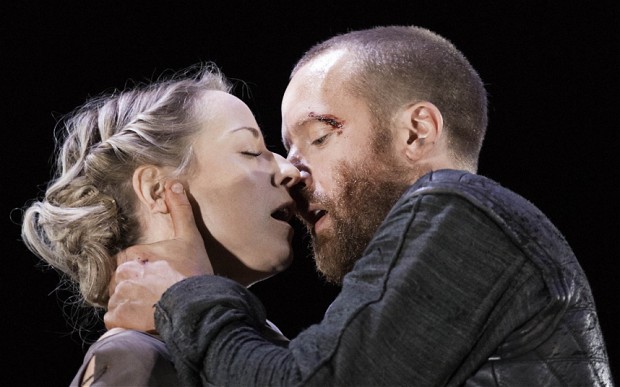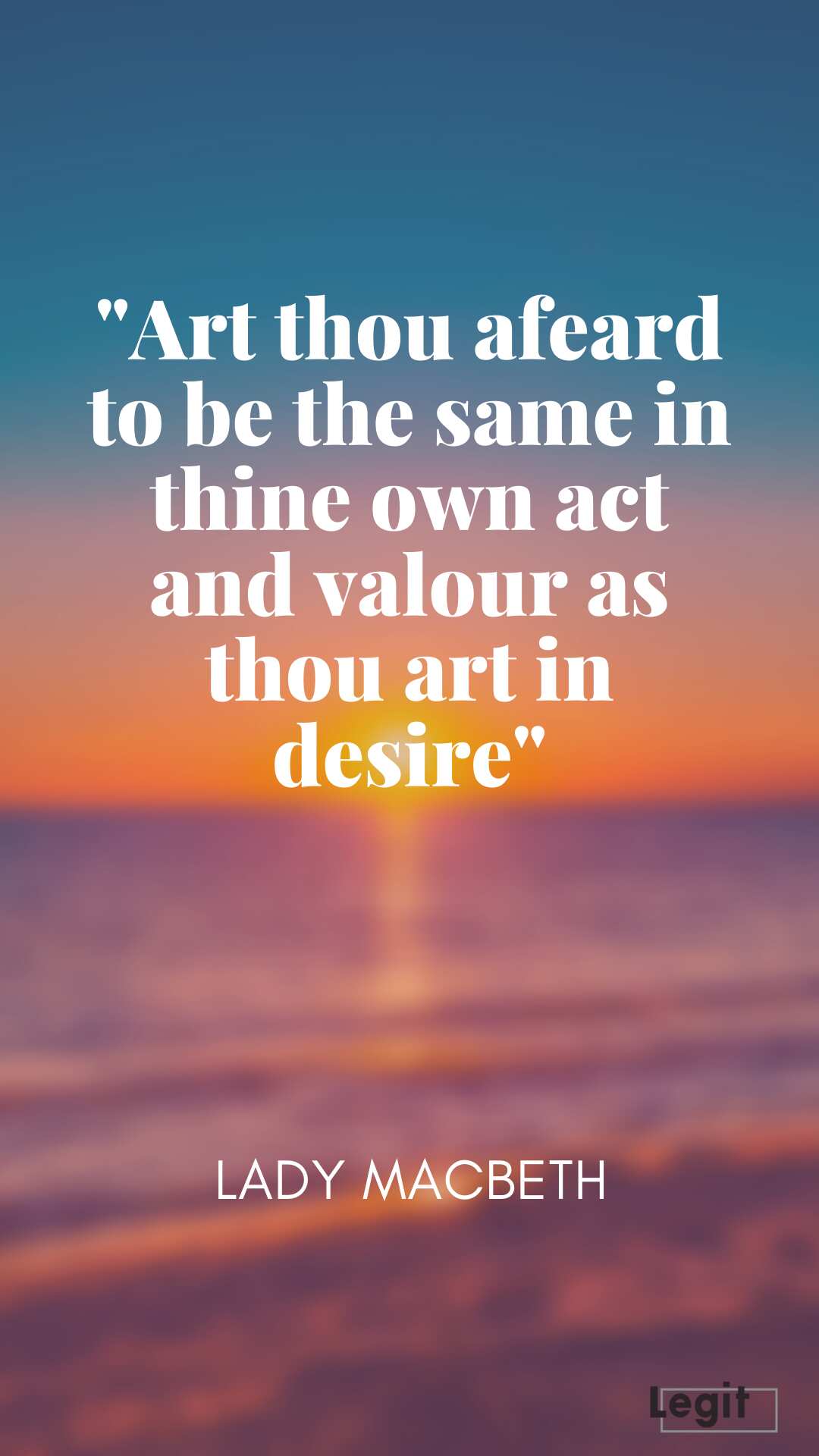

Society is framed on the principle of Authority from the school prefect to the reigning monarch each man is influenced by his contact with Authority-even the hermit or the anarchist he who renounces Society is in the last resort responsible to an Authority within himself.ĭocility is the trait shown in accepting Authority and the teacher’s task is to guide the child between these two. Whether this be in the person of teacher or parent the effect on the child can be lifelong-Charlotte Mason writes ‘The principles of Authority on the one hand and Docility on the other are natural, necessary and fundamental’.

The Hadow Report states that ‘Love of reading, joy in the discovery of Literary beauty and enlargement of imaginative experience, these are among the most treasured fruits of a sound English Education’.Ĭharlotte Mason believed that no child was born good or evil but had potential for either and that this was developed by his contacts with the outside world especially his relations with Authority. That the curriculum should be ‘Child centered’-please forgive the Americanism-and not seen simply as ‘knowledge to be stored and facts to be won’ is accepted in theory in all State schools, whilst the value of Literature as a learning medium and not simply as a subject is being more gradually realised. Today though, matters have changed and many of Charlotte Mason’s ideas feature in the 1944 Education Act also the more recent Newsom Report.

In those first years this must have seemed a revolutionary concept to the elders of the Victorian ‘Establishment’ who favoured a sternly repressive regime, believing that ‘children should be seen and not heard’, and who took so little interest in the child’s special needs and the uniqueness of his personality. Believing in the power for good and the inner desire to learn present in every child, she formed her ideas into a new Liberal Education where, instead of drudgery ‘Studies serve for delight’. I entered into it, I saw its commodities, springs, meadows, inhabitants and became possessor of that new room as if it had been prepared for me so much was I magnified and delighted in it.’Īlthough the poetry is that of Traherne, the spirit and mystical inner vision is that of Charlotte Mason. It rose up within me and I was enlarged by the whole. ‘When I heard of any new kingdom beyond the seas the light and glory of it entered into me. What he produced is remarkably faithful, helpful, and clear. Rose had only Mason’s writings to go on, along with his own experience. The Charlotte Mason College was now “firmly under the auspices of the University of Manchester’s Department of Education,” and “the vision of the Founder finally laid to rest.” And yet the rebirth of interest in Charlotte Mason sparked by Susan Schaeffer Macaulay had not yet occurred. Rose interpreted Charlotte Mason at a pivotal time in history. Jacks Memorial Competition, which was opened to students in Training Colleges.” His essay was then published in volume 77 of The Parents’ Review in 1966. He synthesized his thoughts in an “essay written for the M. His unique background of industry work and teaching experience gave him a broad perspective on Charlotte Mason’s ideas. While a student at Matlock, he had the opportunity to teach young people himself. He entered the Matlock College of Education and began an in-depth study of Charlotte Mason’s writings. Rose worked in industry until at some point in his life when he opted for a career change. Shakespeare, William, “Macbeth.” Harcourt Brace and Company, Canada, LTD. He eventually committed many more murders until he had no one on his side but the ambition that stayed with him till his last breath.

Then his ambition impelled him to kill Duncan so he could become King. It gave him the thane of Cawdor and the hunger for more success. In conclusion, through all these events, it is clear that Macbeth is headed on a path for tragedy which was started, and strongly fueled by his ambition. Macbeth is fearless in the battle with virtually no one on his side, he fought to his last breath. On the battlefield, Macbeth bravely says “why should I play the Roman fool, and die/On mine own sword? Whiles, I see lives, the gashes/Do better upon them (5.8. With all his men against him, Macbeth is still brave enough to go to battle. Macbeth’s ambition leads him to this tragedy, his last battle that he will ever fight. Macduff is ready to pick up his sword and avenge his family’s death.


 0 kommentar(er)
0 kommentar(er)
